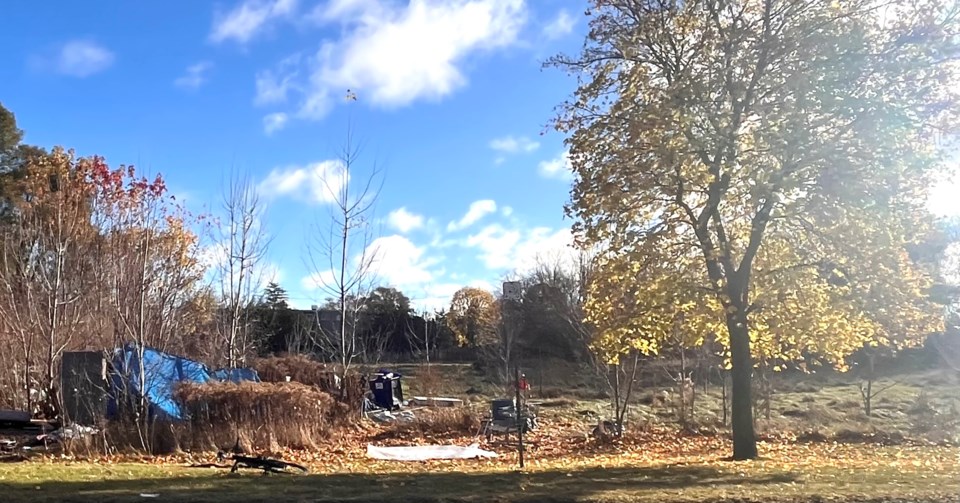Should there be limits on the public’s use of public spaces? And, if so, how far should those limits go?
Many Canadian municipalities are wrestling with those issues today.
In Ottawa, city council is looking to create “bubble zones” around churches, schools, hospitals and long-term care homes where protesting would be prohibited.
Vaughan already has such restrictions within 100 metres — or “a reasonable distance” — of such facilities, with protesters facing fines of up to $100,000.
And in Brampton, Mayor Patrick Brown, who started his political career on Barrie city council in 2000, recently proposed introducing a bylaw in that city prohibiting protests at places of worship.
Bubble zones are nothing new in Canada. They were first used in British Columbia in 1995 to prevent protesters from intimidating women using abortion services at counselling offices, clinics and hospitals.
Many Canadian provinces have since followed suit, including Ontario, which passed the Safe Access to Abortion Services Act in 2017 which added the homes of abortion providers to the ban.
The expansion of bubble zones to other areas has been a reaction to specific protests that governments felt went too far. Hospitals and long-term care homes were targeted during the COVID-19 pandemic by those objecting to mask and vaccine mandates, making it difficult for critical staff, patients and visitors to enter.
Brown’s request in Brampton was in response to violence that broke out recently outside Hindu and Sikh places of worship.
In Barrie, I can only remember a single instance where restrictions were placed on public spaces by the municipal government. That was when Memorial Square and Meridian Place were fenced off during the pandemic in response to protesters ignoring the prohibitions on public gatherings.
The Canadian Charter of Rights and Freedom, Section 2, guarantees “the right to participate in peaceful demonstrations, protests, parades, meetings, picketing and other assemblies.”
But that right is not absolute. Over the past 40 years, courts have been asked to determine what limits on those rights are reasonable.
Various decisions have since ruled that freedom of expression does not include the right to physically impede or blockade the legal activity of others or “seriously” disturb the peace. Other judgments have determined that “reasonable regulation of public spaces” does not violate the charter.
In short, your Charter rights do not give you the power to override someone else’s Charter rights.
Which brings me to the issue of homeless encampments on public spaces. Court rulings in recent years by judges in both Ontario and British Columbia have found municipalities evicting people from such encampments can violate Section 7 of the Charter, which states every Canadian “has the right to life, liberty and security of the person and the right not to be deprived thereof except in accordance with the principles of fundamental justice.”
The judges didn’t say such encampments on public land can’t be dismantled. Their rulings state the encampments could only be dismantled if there were alternative accommodations available, such as shelter beds.
That isn’t good enough for some Ontario mayors, including Barrie Mayor Alex Nuttall. At the request of Ontario Premier Doug Ford — who seems to value what municipalities want mainly when it aligns with what he wants — they have written a letter urging the province to use the “notwithstanding clause” to override the Charter, allowing municipalities to clear encampments even when no alternative accommodation is available.
My own view is that encampments should not be allowed when they infringe on the rights of others. For example, public spaces are very important to a healthy society, so encampments should not prevent others from enjoying a park. Nor should encampments prevent someone from enjoying their own property.
Rights, however, are more important. The Charter protects the rights of all Canadians, but, in reality, some people, such as the most vulnerable and minorities, need protection more than others.
Finding a balance is important. Courts have done a good job of determining that balance, understanding that rights must be protected, but that some guardrails are needed in a democratic society. Encampments that create a problem should be taken down, but the people deserve to be housed.
When it comes to basic human rights, it is the courts, not politicians seeking to please what they perceive as the majority, that should continue to make the decisions.
Barry Ward is a veteran editor and journalist who also served on Barrie city council for 22 years. Fair Comment appears regularly on BarrieToday.



